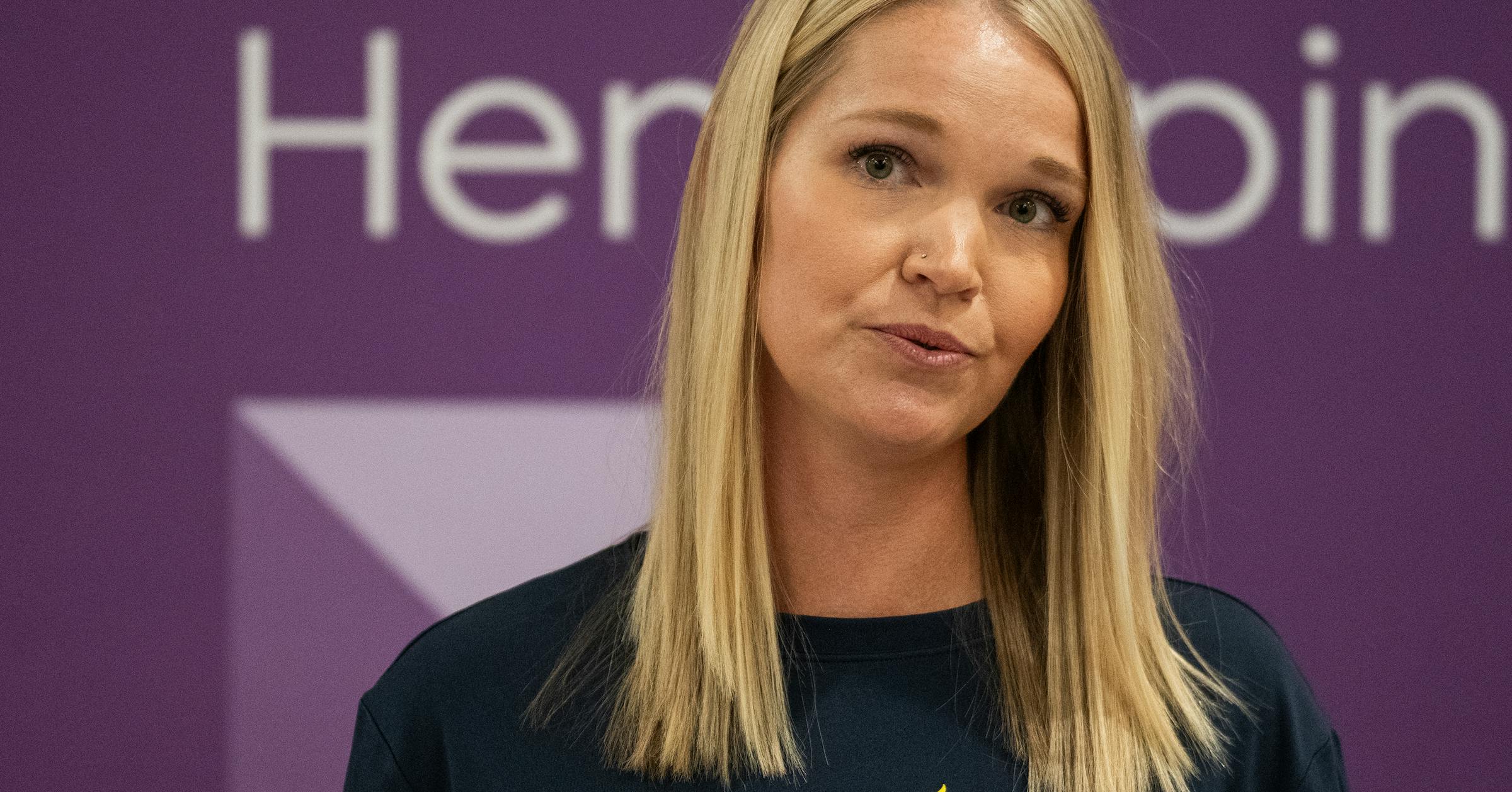By Jill Burcum
Copyright startribune

Will these steps be a tough sell in Minnesota’s closely divided Legislature? Absolutely. But let’s have that debate and force elected representatives to explain their priorities. And let’s do it soon, lest time chip away from the courage regrettably necessary to follow Minnesota doctors’ prescription or find other solutions.
Taking action at the federal level is even more daunting. Republicans control both the U.S. House and Senate. With President Donald Trump in the White House, measures like those Minnesota’s physicians are advocating do not currently have a path forward in the U.S. Capitol.
In the meantime, there are helpful steps that are possible now. One of them is restoring federal school mental health grants that were included in the 2022 Bipartisan Safer Communities Act, which was passed after the school shooting in Uvalde, Texas.
“The bill, among other things, poured federal dollars into schools to address rising concerns about a student mental health crisis,” NPR reported May 1. But earlier this year, the Trump administration announced “it will stop paying out $1 billion in federal grants that school districts across the country have been using to hire mental health professionals, including counselors and social workers.”
The funding was intended to add 14,000 mental health counselors to schools across the nation. But NPR reported that the Trump administration determined that the grants “had somehow run afoul of Trump’s anti-DEI policy.” DEI stands for diversity, equity and inclusion.
Ensuring access to mental health providers in schools is a pragmatic step to ensure that all who need this critical care can get it at an important time in their lives. The nation should be boosting dollars for this, not going backward by reversing what’s already been accomplished.



